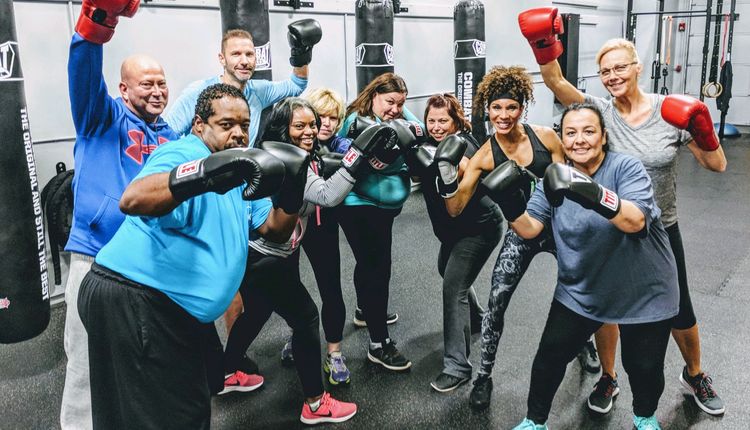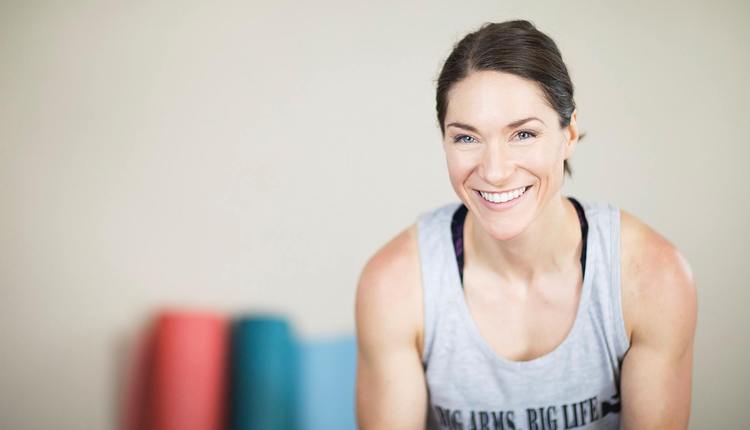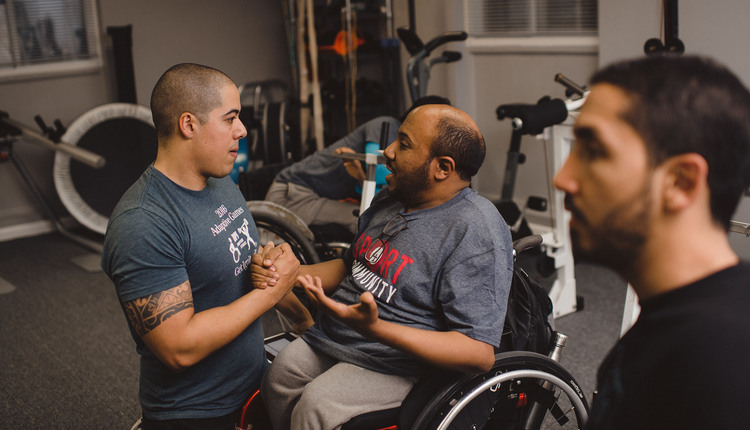
There comes a point in every fitness professional's career where there is a realization that there are clients you love to train and others you dread. Many trainers fall into the trap of taking "any client who will pay." Taking time to really understand your ideal client will effectively attract, market, sell and retain them; delve into what makes your ideal client tick and you'll have a strong foundation upon which to sustain a solid training business.
I've mocked-up below an outline of an ideal client for a training business focused on professional, working women. Use these questions as a guide to dissect your ideal client and to then model your marketing and programming accordingly.
Who is your ideal client? Do any of your current clients fit the mold of your ideal client?
My ideal client (I'll call her Mary) is a professional, working woman. She is 45, married, and has two kids; one in college and the other in high school. She works for a large corporation, travels for work and holds a mid-level position. She is goal-driven and would even consider herself competitive both personally and professionally.
Why do they want your services?
Mary wants my services because she realizes that she can't do it on her own. She has enough demands in her life between work and family that she wants fitness to be "done-for-her" with my guidance. She wants a credible, skilled professional who understands her lifestyle in order to create an effective program for her.
What are their pain-points?
Mary realizes she's not in her 20s anymore. The concept of anti-aging (physically and mentally) matters more and more to her, and she is sick of feeling tired. She's probably been burned by yo-yo dieting or inconsistent workout programs. She also has focused much of her life on her kids and her career and knows focusing attention on her health is non-negotiable.
Where do they spend money and what are they spending it on?
Mary appreciates quality. While she is mindful of where she spends her money, she will invest her money in goods in services that she feels enhance her quality of life. She goes to the high-end local salon, periodically gets massages, goes on girls' weekends and enjoys dining out.
What’s at stake if they don't invest in your services?
If Mary doesn't start taking care of herself, she's risking the physical ailments of chronic stress. She's risking her work-life balance which she knows will impact her family. At a core, while having an "ideal body" would be great, her main priority is staying healthy and fit and living younger, longer.
You'll also want to ask yourself these questions about the business viability your ideal client-type:
Can they afford your rates?
If you're targeting college students to avoid the college weight gain, chances are, they won't be paying your bills.
Will you retain them long-term?
If you train prenatal clients or brides-to-be, there is a definite "end goal." While both client-types can be viable, you'll need to be sure your business model is such that allows you to keep a constant flow of clients or offers another revenue stream.
The devil is in the details and even details that may seem inconsequential for your purposes; but the more you understand your ideal client, your marketing, sales and training strategy will almost attract and convert the clients who will help you achieve your business goals.
I've mocked-up below an outline of an ideal client for a training business focused on professional, working women. Use these questions as a guide to dissect your ideal client and to then model your marketing and programming accordingly.
Who is your ideal client? Do any of your current clients fit the mold of your ideal client?
My ideal client (I'll call her Mary) is a professional, working woman. She is 45, married, and has two kids; one in college and the other in high school. She works for a large corporation, travels for work and holds a mid-level position. She is goal-driven and would even consider herself competitive both personally and professionally.
Why do they want your services?
Mary wants my services because she realizes that she can't do it on her own. She has enough demands in her life between work and family that she wants fitness to be "done-for-her" with my guidance. She wants a credible, skilled professional who understands her lifestyle in order to create an effective program for her.
What are their pain-points?
Mary realizes she's not in her 20s anymore. The concept of anti-aging (physically and mentally) matters more and more to her, and she is sick of feeling tired. She's probably been burned by yo-yo dieting or inconsistent workout programs. She also has focused much of her life on her kids and her career and knows focusing attention on her health is non-negotiable.
Where do they spend money and what are they spending it on?
Mary appreciates quality. While she is mindful of where she spends her money, she will invest her money in goods in services that she feels enhance her quality of life. She goes to the high-end local salon, periodically gets massages, goes on girls' weekends and enjoys dining out.
What’s at stake if they don't invest in your services?
If Mary doesn't start taking care of herself, she's risking the physical ailments of chronic stress. She's risking her work-life balance which she knows will impact her family. At a core, while having an "ideal body" would be great, her main priority is staying healthy and fit and living younger, longer.
You'll also want to ask yourself these questions about the business viability your ideal client-type:
Can they afford your rates?
If you're targeting college students to avoid the college weight gain, chances are, they won't be paying your bills.
Will you retain them long-term?
If you train prenatal clients or brides-to-be, there is a definite "end goal." While both client-types can be viable, you'll need to be sure your business model is such that allows you to keep a constant flow of clients or offers another revenue stream.
The devil is in the details and even details that may seem inconsequential for your purposes; but the more you understand your ideal client, your marketing, sales and training strategy will almost attract and convert the clients who will help you achieve your business goals.

















